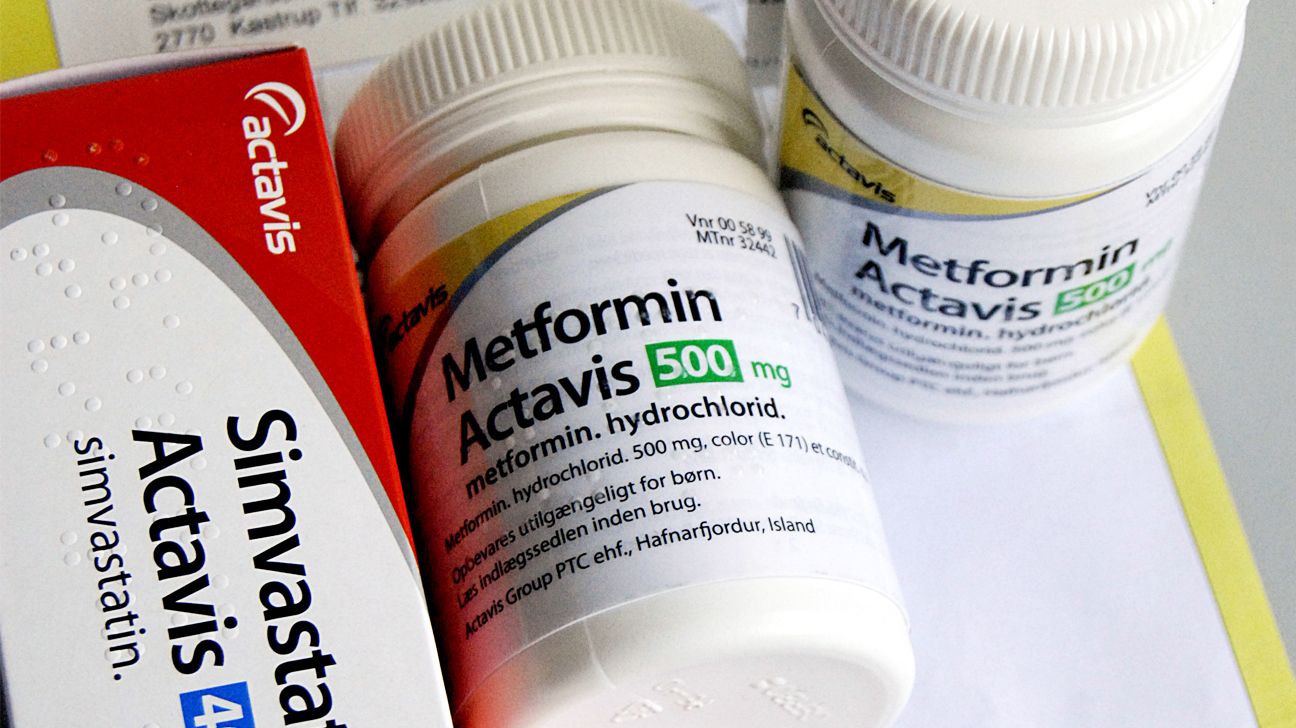MIND Diet Linked with Sharper Memory, Lower Risk of Cognitive Decline

- A study says the MIND diet could reduce the risk of cognitive problems during aging.
- Following the MIND diet especially predicted a better trajectory for Black people.
- This diet emphasizes brain-healthy foods and discourages those harmful to the brain.
- Dietitians say to eat more foods like leafy greens, nuts, berries, and fatty fish.
- At the same time, cut down on foods high in saturated fat and sugar.
According to a new study published in Neurology, the Mediterranean-Dietary Approaches to Stop Hypertension Intervention for Neurogenerative Delay (MIND) diet could reduce people’s risk of cognitive impairment as they grow older.
The Alzheimer’s Society explains that it is normal to become more forgetful or have greater difficulty thinking as we age.
However, people with dementia can have more severe deficits in memory, thinking, language, orientation, perception, mood, and behavior.
Diet is one factor that could influence the likelihood of cognitive decline, according to the study authors.
They specifically wanted to look at whether this was equally true for both Black and white Americans.
While they found that there was no racial difference in how protective the diet was, they did find that there was a difference between women and men, with only women experiencing a decreased risk of cognitive impairment.
However, better adherence to the MIND diet was a predictor of cognitive trajectory (changes in cognitive function over time) in Black study participants.
How the link between MIND diet and cognitive decline risk was studied
The study included over 14,000 people who were, on average, 64 years old. Among these, 30% were Black and 70% were white.
These individuals were asked to complete a questionnaire examining their dietary patterns over the previous year. The researchers then looked to see how closely their diets matched with the MIND diet.
Points were given based on whether they ate certain foods in the designated amounts. For example, if they ate three or more servings each day of whole grains, they received 1 point. Twelve points was the highest possible score, meaning that their diet was a perfect match for the MIND diet.
These scores were then used to divide the participants into three groups:
- low, with an average score of 5
- middle, with an average score of 7
- high, with an average score of 9
People were followed for an average of 10 years. Thinking and memory were assessed at the beginning and end of the study.
It was found that 12% of the low group developed cognitive impairment, compared to 11% of the middle group and 10% of the high group.
However, after adjusting for various factors, people in the high group had a 4% decreased risk of cognitive impairment compared to the low group.
Additionally, women had a 6% decreased risk of cognitive impairment in the high group, but no decrease in risk was seen in men.
Finally, the scientists found that people who more closely followed the MIND diet had a slower decline in their cognitive abilities and this association was most prominent in Black individuals.
However, more research is needed to understand why there was a racial difference.
What is the MIND diet?
Johanna Angman, a Registered Dietician Nutritionist with Glowbar LDN, who was not involved in the study, described the MIND diet as a “scientifically curated eating plan.”
It blends the Mediterranean and the Dietary Approaches to Stop Hypertension (DASH) diets with a focus on brain health, she explained.
The MIND diet is centered on ten food groups that promote cognitive function, including leafy greens, berries, nuts, and fish.
At the same time, it discourages consumption of red meat, butter, and sugary foods, said Angman.
“What sets the MIND diet apart is its laser focus on reducing neurodegeneration, targeting foods that specifically protect the brain from oxidative stress, inflammation, and vascular damage, which are key contributors to cognitive decline,” she said.
Why the MIND diet might help prevent cognitive decline
Akanksha Kulkarni, a Registered Dietitian Nutritionist at Prowise Healthcare, who was not involved in the study, said the way that the MIND diet helps prevent cognitive decline is through the nutrients it contains.
“In particular, leafy greens and berries contain many antioxidants, while omega-3 fatty acids, mostly found in fish and nuts, are believed to be essential for brain health,” she said.
These nutrients can help us with memory and other aspects of cognition as we age, according to Kulkarni.
She further noted that the MIND diet’s emphasis on good fats can play an important role in maintaining brain health.
“Healthy fats from olive oil and fish also aid in offering protection from inflammation of the brain, which has been associated with Alzheimer’s disease and other content degenerative diseases,” said Kulkarni.
She said the diet also reduces the consumption of saturated fats, which can contribute to the formation of plaques in the brain.
“Because the MIND diet aids in maintaining healthy blood vessels and prevents factors that put a person at risk of dementia, it helps prevent the onset of diseases such as Alzheimer’s,” said Kulkarni. “This has also been positively correlated with slower cognitive decline.”
Easy ways to begin adopting the MIND diet
Angman suggests starting with “small, sustainable changes.”
“Incorporating one serving of leafy greens daily can be a powerful first step, as these are linked most strongly to cognitive benefits,” she said.
Angman also suggests replacing snacks with a handful of nuts. You can also include berries in your breakfast or incorporate them into a smoothie.
“Fish, particularly fatty fish like salmon, should be on your plate at least once or twice a week,” she added.
Also, Angman advises reducing the amount of red meat you eat and substituting it with more plant-based proteins like legumes.
“By slowly reshaping daily habits, you’ll be aligning your diet more closely with the MIND approach,” said Angman, “giving your brain long-term protection without feeling overwhelmed by change.”
Takeaway
A new study has found that the MIND diet could help reduce the risk of cognitive problems as people age.
In Black people, especially, adherence to the diet predicted a better trajectory.
This diet merges the Mediterranean diet with the DASH diet with the goal of keeping the brain healthy.
It includes nutrients like antioxidants and omega-3 fatty acids that are associated with brain health and discourages those known to harm the brain, like saturated fat and sugar.
Dietitians say the best way to begin eating more in line with the MIND diet is to make small but sustainable choices to incorporate more foods like leafy greens, berries, nuts, fatty fish, and plant-based proteins like legumes.
MIND Diet Linked with Sharper Memory, Lower Risk of Cognitive Decline Read More »










